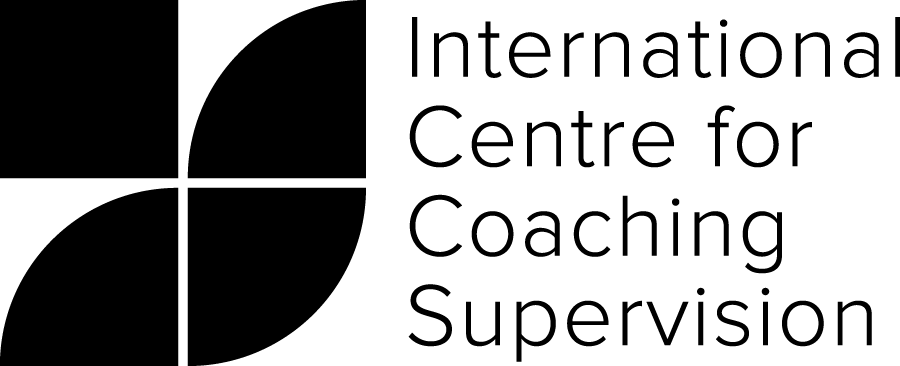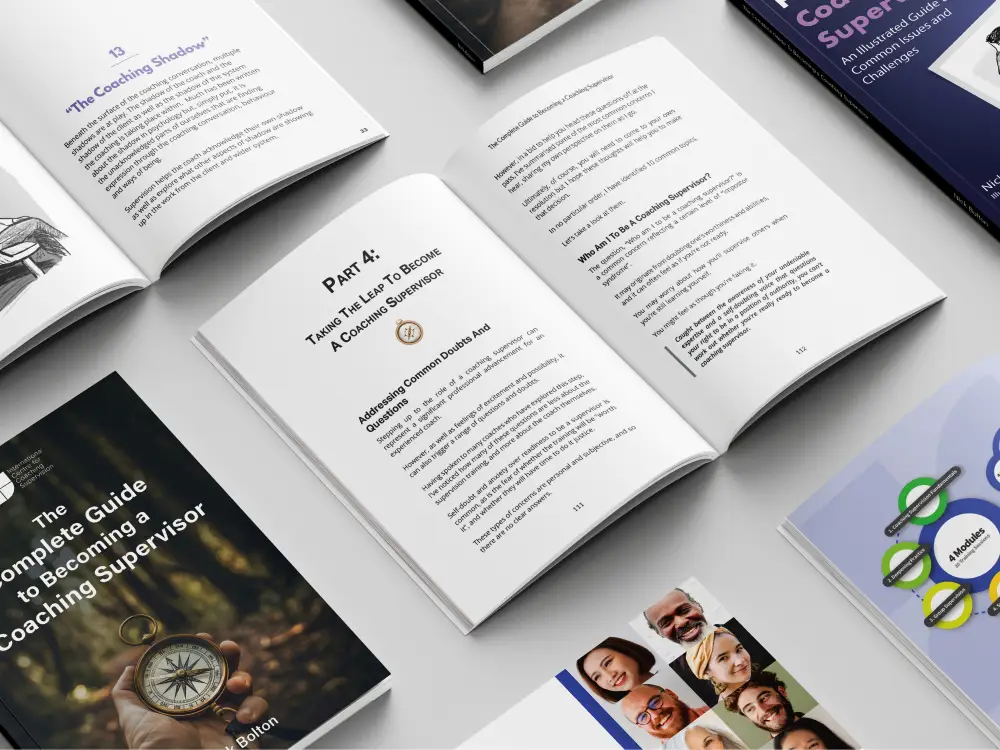Reflective practice is often at the heart of coaching supervision, enabling coaches to pause, explore, and make sense of their experiences.
However, as coaching and supervision evolve, there is increasing recognition of the importance of reflexive practice—a more dynamic and systemic way of engaging with our work.
While these terms are sometimes used interchangeably, they are distinct concepts that serve different but complementary purposes in supervision.
Reflective practice invites the coach to look back on their experience and draw insights, while reflexive practice encourages them to examine their assumptions, biases, and impact in real-time within a wider systemic context.
This article explores the differences between reflective and reflexive practice, their significance in supervision, and how supervisors can help coaches engage in both for deeper learning and professional growth.
What Is Reflective Practice?
Reflective practice is the process of looking back on experiences, considering what happened, and identifying insights that can inform future action. It encourages learning through hindsight, helping coaches explore their choices, emotions, and interventions to improve their practice.
Key aspects of reflective practice include:
Reviewing past coaching sessions to explore what worked well and what could be improved.
- Identifying patterns and themes in coaching conversations.
- Recognising emotional responses to clients and how they influenced interactions.
- Considering alternative approaches and what might be done differently in future sessions.
In supervision, reflective questions might include:
- What stood out to you in your last coaching session?
- How did you feel during that moment?
- What do you think the client experienced?
- What might you have done differently?
Reflective practice is a powerful tool for learning, but it is primarily retrospective—it helps coaches make sense of the past to improve the future.
What Is Reflexive Practice?
Reflexive practice goes a step further. Rather than simply reflecting on past actions, it involves a deeper level of real-time awareness, exploring how the coach’s beliefs, biases, and presence shape their interactions in the moment.
Key aspects of reflexive practice include:
- Examining one’s own position, biases, and assumptions within the coaching relationship.
- Noticing how personal experiences and cultural perspectives influence how a client’s story is heard and understood.
- Becoming aware of how the coach’s presence, language, and reactions affect the client in real-time.
- Exploring the systemic context of the coaching, including power dynamics, organisational culture, and societal influences.
In supervision, reflexive questions might include:
- What assumptions are you making about your client’s situation?
- How does your own background or identity shape the way you are engaging with this client?
- What role are you playing in this coaching relationship, and how is it influencing the dynamic?
- What happens when you step back and see yourself within the system of this coaching relationship?
Where reflective practice looks back at what happened, reflexive practice invites an exploration of how and why those experiences unfolded—bringing greater awareness to the self-in-relation-to-others and the wider coaching system.
Reflective vs. Reflexive Practice in Supervision: A Comparison
| Aspect | Reflective Practice | Reflexive Practice |
| Focus | Looking back on experiences | Examining assumptions, biases, and presence in real-time |
| Purpose | Learning from past actions | Understanding one’s influence on the present moment |
| Timeframe | Retrospective | Real-time and systemic |
| Key Questions | What happened? What can I learn from this? | How am I shaping this experience? What biases might be at play? |
| Application in Supervision | Reviewing past sessions, analysing decisions, exploring emotions | Exploring personal influence, systemic awareness, power dynamics |
Both reflective and reflexive practice are essential in supervision—one providing a mirror to the past, the other offering a lens into the present and beyond.
Why Reflexive Practice Matters in Supervision
While reflective practice remains a cornerstone of coaching supervision, reflexivity adds another dimension that deepens a coach’s awareness and ability to work with complexity.
It Enhances Self-Awareness in the Moment
Reflexivity helps coaches notice their biases, assumptions, and emotional responses while they are happening rather than just in hindsight.
It Strengthens the Coach-Client Relationship
By being reflexive, coaches become more conscious of their impact, allowing them to adjust in real-time to create a more effective coaching dynamic.
It Helps Navigate Power Dynamics and Cultural Sensitivity
Reflexivity brings systemic awareness, helping coaches consider how power, privilege, and identity shape their coaching and ensuring more inclusive practice.
It Supports Parallel Process in Supervision
Supervisors can use Eye 5 of the Seven-Eyed Model to notice when dynamics in supervision mirror those in the coach-client relationship, helping coaches gain deeper insights.
In an increasingly complex and interconnected coaching world, reflexivity ensures that supervision is not just about looking back but about engaging fully in the present with awareness and adaptability.
How Supervisors Can Cultivate Both Reflective and Reflexive Practice
Supervisors play a key role in helping coaches move between reflective and reflexive ways of thinking.
Here’s how:
- Encourage dual exploration: Invite coaches to reflect on both what happened (reflective) and why it unfolded that way (reflexive).
- Use systemic questioning: Challenge coaches to consider their role within the coaching dynamic and the wider system.
- Model reflexivity in supervision: Supervisors can reflect on their own influence within the supervisory relationship, demonstrating awareness of their own biases and assumptions.
- Explore parallel process: Notice and name patterns that emerge in supervision that might be playing out in coaching relationships.
Supervision that balances both reflective and reflexive practice creates a richer, more dynamic space for growth—where coaches don’t just review their work but deeply examine how they inhabit their role.
Conclusion: Moving Beyond Reflection to Reflexivity
Reflective practice is essential for learning from experience, but true professional growth comes when coaches also engage in reflexivity—examining their assumptions, biases, and systemic influences in real time.
Supervision provides the ideal space to develop both. By supporting reflection on past experiences and reflexive awareness in the present, supervisors help coaches become more intentional, adaptive, and ethically grounded in their practice.
So, next time you engage in supervision, ask yourself:
Am I reflecting on the past, or am I also being reflexive in the present?
Both are valuable. Together, they transform coaching.




 Learn About our Coaching Supervision Training
Learn About our Coaching Supervision Training The Complete Guide to Becoming a Coaching Supervisor
The Complete Guide to Becoming a Coaching Supervisor Picturing Coach Supervision: An illustrated Guide
Picturing Coach Supervision: An illustrated Guide Course details and dates for our Accredited Diploma in Coaching Supervision
Course details and dates for our Accredited Diploma in Coaching Supervision A self-assessment to gauge your readiness
A self-assessment to gauge your readiness A course assessment checklist for reviewing any supervision course
A course assessment checklist for reviewing any supervision course


